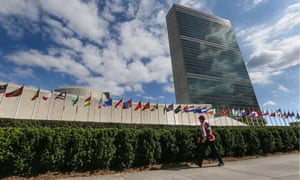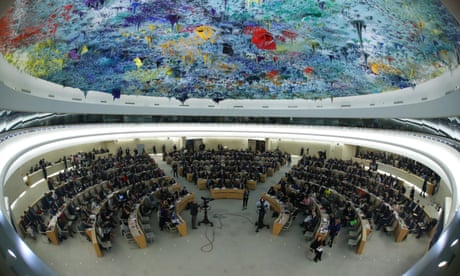Charlie, the Oldest Living Southern Sea Otter at Any Aquarium or Zoo, Dies at Age 22
BY GENEVIEVE SCARANO 04.23.2019 :: 11:50AM EDT
],[https://www.geek.com/wp-content/uploads/2019/04/Charlie-the-Sea-Otter-42319-625x352.jpg,(small)])
Charlie, a 22-year-old animal who was the oldest living southern sea otter in an aquarium or zoo, passed away on April 22. (Photo Credit: Robin Riggs/Aquarium of the Pacific)
STAY ON TARGET
Charlie, the oldest living southern sea otter at any aquarium or zoo worldwide, has died at the age of 22.
On Monday, April 22, the Aquarium of the Pacific announced Charlie’s passing, and it’s mourning the loss of the adorable sea otter, who lived at the aquarium for 21 years, said an Aquarium of the Pacific press release. Charlie was only the second sea otter on record to reach his age and was featured in a senior animals section in the Guinness Book of World Records: Wild Things edition released last year.
“It is with a heavy heart that we share the news that our sea otter Charlie passed away this morning,” the Aquarium of the Pacific wrote in an Instagram post. “Charlie turned 22 years old on March 2 and was the oldest living southern sea otter at any zoo or aquarium. Known for his intelligence and easy-going disposition, Charlie could often be seen sucking his paw while relaxing on exhibit.”
Charlie’s journey has been an interesting one: The sea otter was orphaned during the El Niño storms of 1997, and after some time at a sea otter rescue program, animal experts said that he couldn’t survive in the wild on his own and needed a new home. In 1998, Charlie arrived at the Aquarium of the Pacific before it opened to the public that year.
While he lived at the Aquarium of the Pacific, Charlie served as an animal ambassador and contributed to scientific research. According to the aquarium, Charlie was the first otter in the world to give a voluntary blood sample without being sedated, and from 2011 to 2013, he took part in a study on how sea otters perceive sound at the University of California, Santa Cruz’s Long Marine Lab. For the study, Charlie learned to enter a specialized acoustic testing environment, listen for sound signals, and notify researchers whether or not he heard the sound by touching his noise to a target spot or staying still.
California’s southern sea otters fall under the Endangered Species Act. Hunting in the 18th and 19th centuries nearly demolished the entire California southern sea otter population, and by 1938, only 50 remained. Thankfully, conservation efforts have grown California’s southern sea otter population to about 3,000 animals, but they still face many threats, including habitat loss and ocean pollution.
Charlie’s fans can pay tribute to him at the Aquarium of the Pacific on Sunday, April 28, from 9 a.m. to 4 p.m. PST. Aquarium visitors can fill out cards in Charlie’s memory that will be displayed at the Sea Otter Habitat all day. To make a donation in Charlie’s memory, visit Aquarium of the Pacific’s website here.






